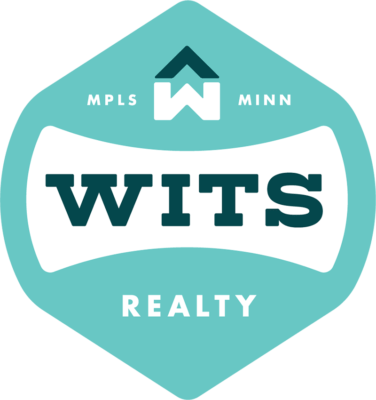5 Tips for Buying a Rental Property in the Twin Cities

By Brady Erickson, Realtor
As the Twin Cities continue to surge with high-income renters and demand for rental homes, owning rental property has become an increasingly lucrative endeavor. But even with the tremendous upside of owning real estate, there are many pitfalls to an oversimplified approach. Property investment is multifaceted and should be approached with a breadth of wisdom. Here are 5 tips to get you started:
1. Know that you are starting a business:
Contrary to popular belief, owning a property that you rent to other people isn’t always a good thing. To the casual onlooker, you might look like a real estate guru/financial genius. However, your genius status is only as good as your business model. Owning a rental property is owning a business, and if you aren’t profiting, your business is about as viable as the abandoned K-Mart down the street. Treat your property like you’d treat the Chick-fil-A franchise you want to own, but just remember that owning it alone doesn’t make you money, your business must turn a profit.
2. Know the market:
The Twin Cities are brimming with potential, but not everything you touch will turn to gold. To set the foundation for success, you must acquire the right property at the right price. Perhaps South Minneapolis has always caught your eye and feels like the ideal rental area because it is en vogue. For some, that may be true, but in other cases, Near North might be the best place to start. These are two completely different areas, with differing approaches, so how will you know which is right for you? You might be able to stumble into success with a few Google searches and a prayer, but having expert advice is imperative to acting wisely and confidently. Throw yourself into the path and counsel of a market expert for the best chance at success.
3. Know your rents:
If you don’t know your income, you can’t run your business. Buying a rental without being supremely confident in your rents (income from tenants) is about as safe as playing the roulette table at Mystic Lake. Many factors must be considered in determining your rents, not the least of which include condition, location, and type of building. Here, again, is an area where expert knowledge and guidance is paramount. Lean into the experience of professionals who are managing and leasing properties on the daily. This will keep you from buying the glitter rather than the gold.
4. Know your expenditures:
Remember the franchise analogy? Has a Chick-fil-A ever successfully operated without expenses? Certainly not, nor has an investment property. Sure, these expenses may look and feel differently, but they are no less impactful. PLAN for all of your expenditures. This, of course, is best done well before you’ve even bought your business (rental property). Unsure of how to do that? Utilize a property manager who can help create a maintenance plan and guide you through big-ticket issues on the horizon.
5. Know thyself:
Not in an existential way, but in a time management/risk tolerance way. Is this business something you have time to handle from the biggest to the smallest issues? Do you prefer to swing for a single rather than a home run? Are you going to be in it for the long-haul, or is this property a stepping stone for another endeavor? Only you can ultimately answer these questions, but this is done best with the sounding board of an expert who can help guide you through the important questions.
Knowing where to start is often the biggest hurdle to overcome. Creating a team of professionals who live and breathe the air of investing can be the best first step in getting off the ground. Few businesses operate with only a CEO, and real estate investing is no different. Leverage your guides and hang on for the ride.
Keep up with Wits
More from the Wits Blog:
Real Estate Investing: The Path of Progress
It’s an age-old mantra of the wise real estate investor and no one will dispute that location is key for any long-term real estate investing strategy. The differing of opinions start flying when we talk about what goal the location is going to accomplish.



